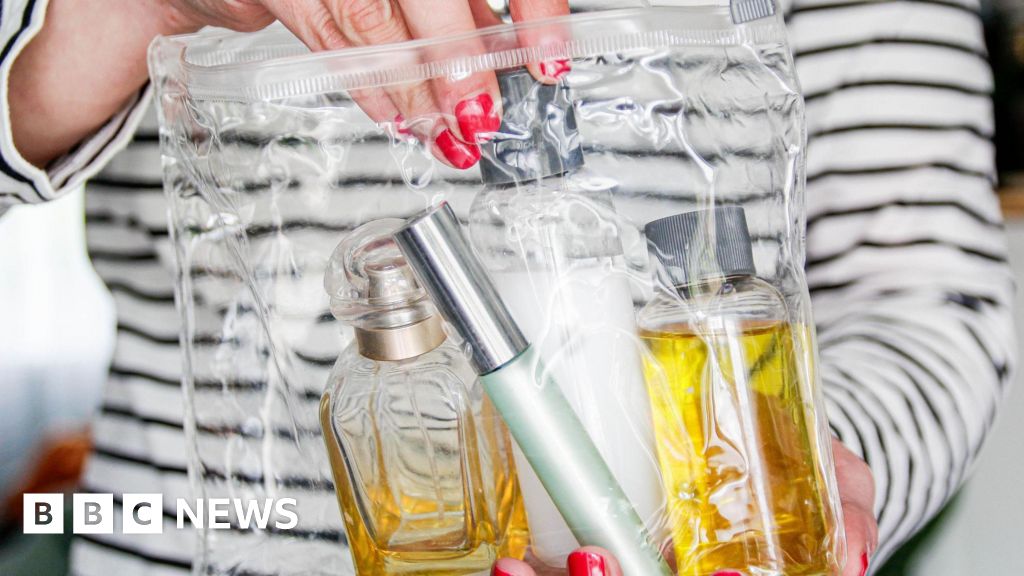Karen Dee, chief executive of trade body the Airport Operators Association, said hundreds of millions of pounds were being spent on a “huge” programme of change, as instructed by the government.
She said airports supported decisions on security, but Friday’s “surprise” announcement “was sprung on us with very little time to react”, and this “created uncertainty for passengers just as airports enter their busiest periods of the year”.
“It has also put airport operators in a challenging position, with very limited time to prepare for the additional staffing and wider resources that this will require, and no clear idea of when this issue will be resolved.”
Airports who had fully switched the new systems and have trained and rostered their staff accordingly, are most affected, unable to use the expensive, new equipment to its full potential.
The change is understood to have led to more items being rejected or confiscated as passengers have turned up expecting to be allowed to take larger containers through.
Some larger airports who were only part way through their roll-outs had been using the new scanners in some areas so have also had to quickly alter ways of working.
Thirty airport bosses, along with the AOA, have jointly written to the transport secretary, aviation minister and civil servants today in response to Friday’s announcement.
Among the questions they want answering are how the decision was taken, what it means for airports who are part-way through their roll-out – with implications for staff training programmes – and how long the reversion to the 100ml limit will last.
Ms Dee said airports were doing all they could to mitigate the impact. She asked passengers to come prepared to comply with the liquid limit until advised otherwise.
The DFT has been approached for comment.
Credit: Source link











